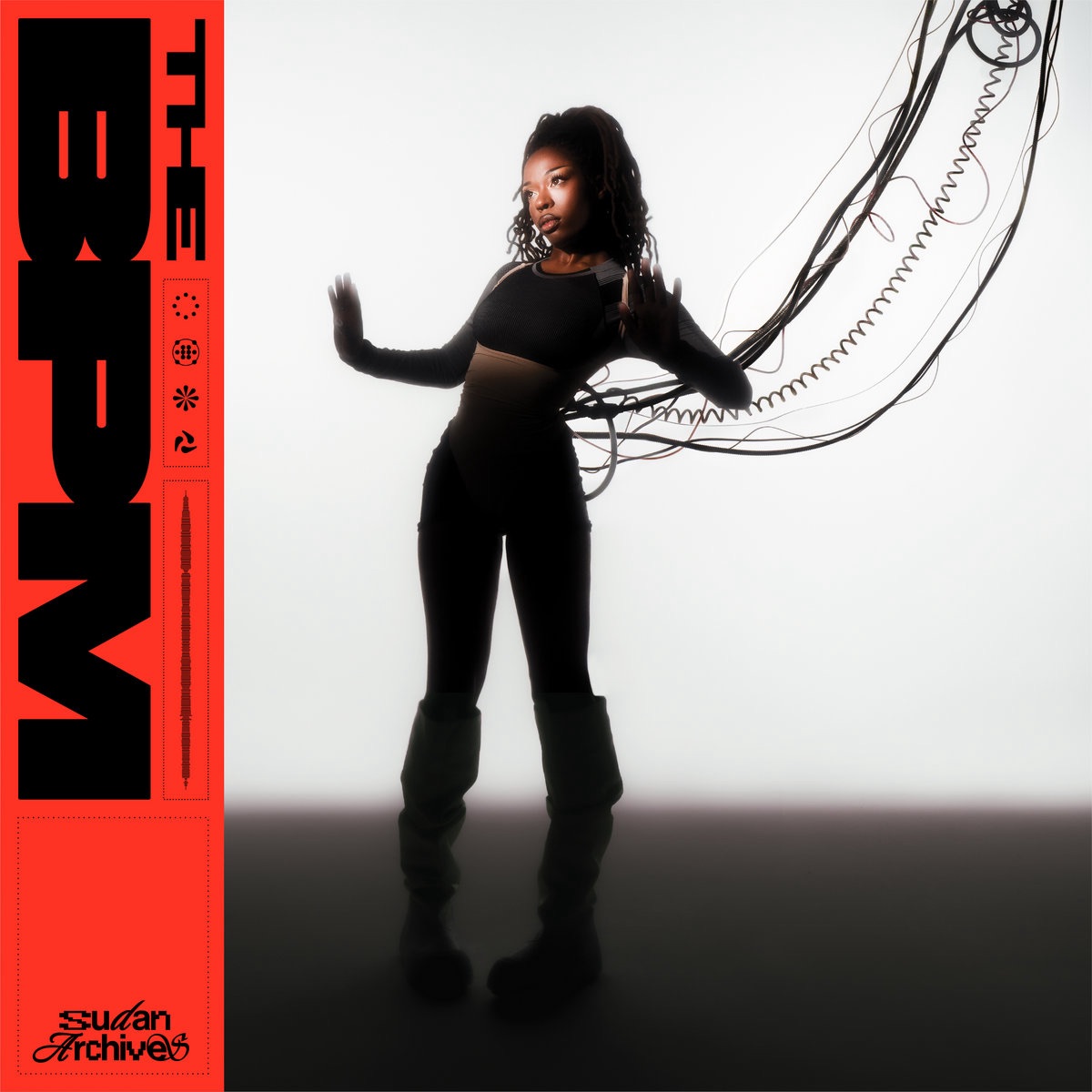Sudan Archives
The BPM
STONES THROW
One of the great delights inherent to any art form is being introduced to new ideas—both the emotions and feelings that these works are exploring, as well as the form and arrangement that their sentiments are built upon. Considering that most revivalist art focuses on the former and overlooks the latter altogether, it’s important to remember that new ideas housed within old forms isn’t enough to keep pushing culture forward; we need to hold art to a higher standard and demand that it helps shape our future. Our politicians and institutions aren’t currently doing that for us, are they?
This way of thinking doesn’t demand that all new art be mind-bendingly challenging or avant-garde. Popular media can be rich with invention and eclecticism while remaining accessible and, for lack of a better word, fun. Brittney Parks’ third album as Sudan Archives nails both of these polarities. The BPM courses with striking, contemporary electronic production alongside club-filling beats and emotionally charged vocal hooks. Mostly crafted between Detroit and Chicago, these 15 tracks channel the storied electronic musical lineage of those cities, combining house, techno, and footwork with broader sounds like hyperpop and IDM into an engrossing blend far more elegant than this description suggests.
Every immaculately constructed track overflows with both ideas and emotions. Parks’ lyrics tackle technology and how humans connect with it, but are never far from declarations of deeply human feeling: “I found a way to travel to you / Even when we’re not in sync / I’m going to find my way back to you,” she sings through vocoder over a trap-inflected breakbeat on “David & Goliath.” Parks’ ability to move between so many different rhythms and textures while maintaining a cohesive album identity is so impressively handled. “Touch Me” is an industrial-tinged pop track, while follow-up “A Bug’s Life” is a soaring slab of euphoric piano-based house music. By the next track, “The Nature of Power,” Parks offers up melancholic, metallic-tinged techno.
She also pulls off these cohesive musical swings within individual tracks. On “She’s Got Pain,” for example, her violin (Parks’ primary instrument) makes an appearance toward the end of this album highlight, resulting in a mesmerizing fusion of processed vocals, skittering beats, and almost folk-like string melodies. This is the aforementioned deep, satisfying pleasure that comes from being exposed to new, original, and meticulously crafted artistic ideas. Like pretty much the whole of The BPM, it sets your mind racing as much as it does your feet—and, perhaps most importantly, your heart.







